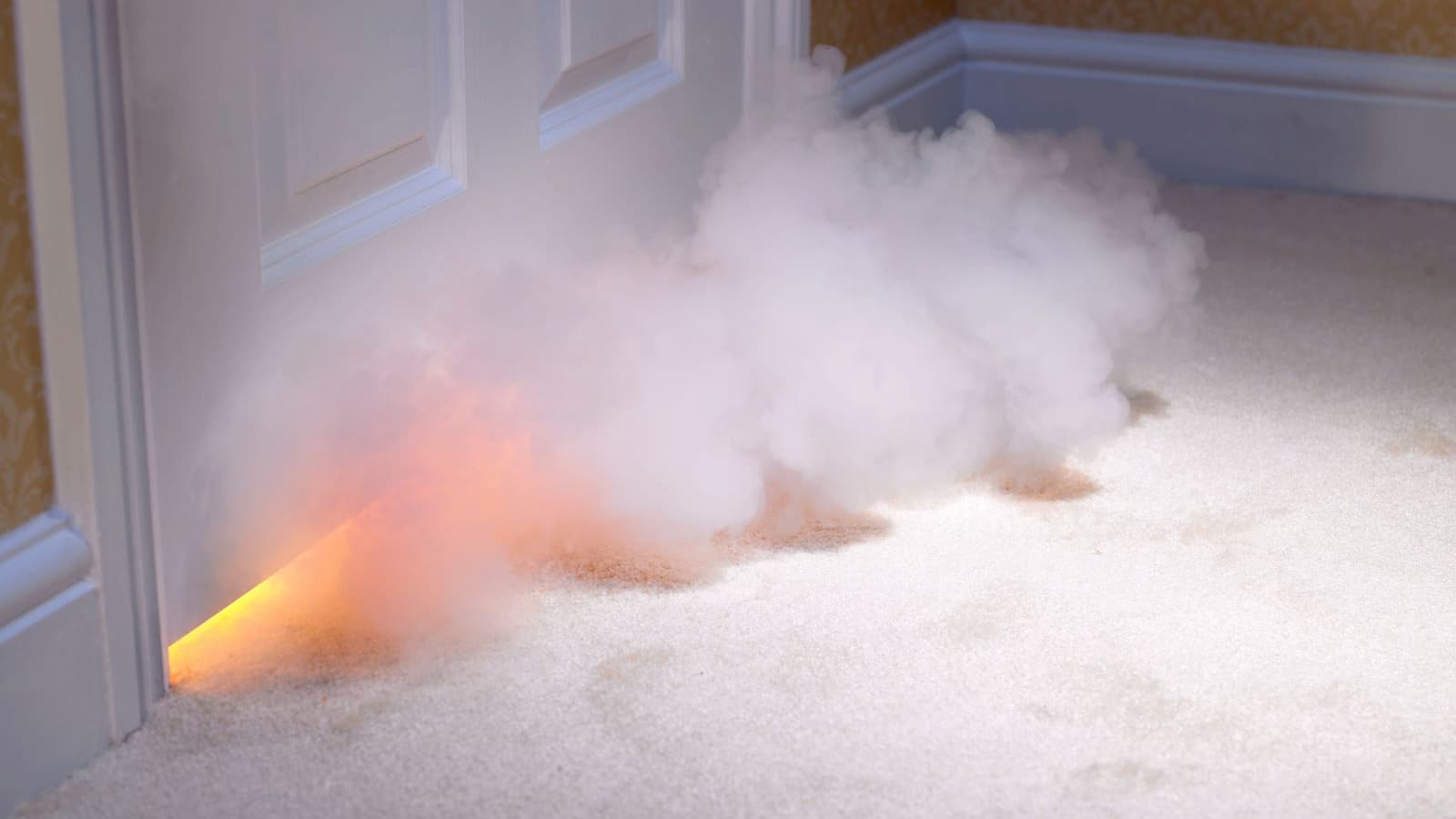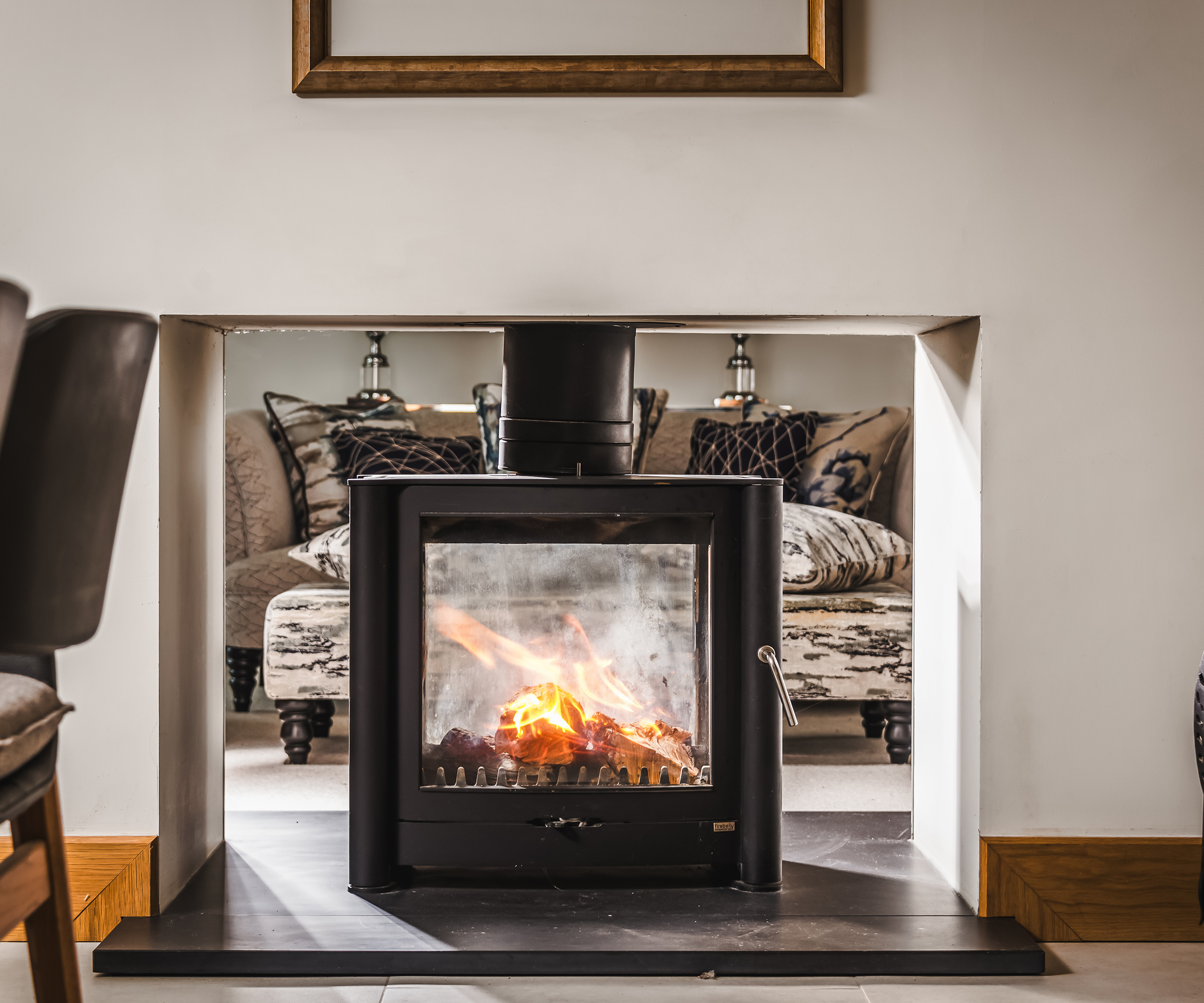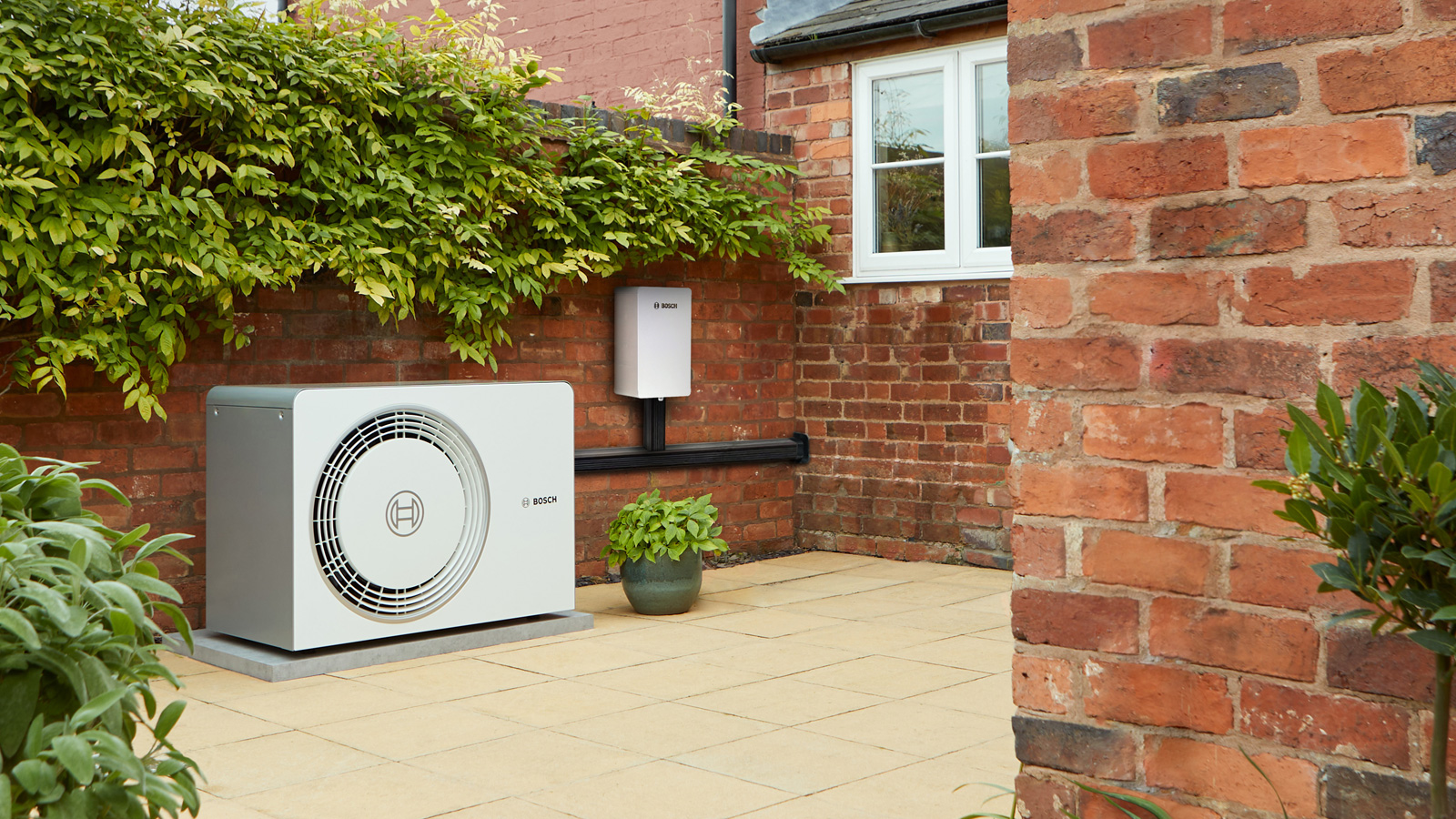Are you guilty of this common bedtime habit? Data says it’s fuelling house fires
New data reveals 6,851 house fires since 2020 linked to people nodding off with flames or appliances still burning

As the nights draw in, many of us turn to candles, cosy fires, and turning the heating on to make our homes feel comforting.
But firefighters are warning that these simple rituals can quickly turn deadly if we nod off before blowing them out or switching them off.
Fresh figures reveal that sleep-related emergencies have surged across the UK, putting thousands of households at risk each year.
Sleep-related emergencies are on the rise
A new study by MattressNextDay, based on a Freedom of Information request to UK emergency services, shows that between 2020 and 2025 there were 15,836 incidents linked to sleep deprivation or fatigue.
Fire and Rescue services alone attended 6,851 emergencies, where it was revealed that 178 were caused by kitchen appliances and 41 by smoking.
The data reveals that many of these late-night fires start when people drift off before putting out candles, switching off stoves, or safely storing heaters.
The regions most at risk
The data reveals that South Yorkshire Fire and Rescue Service recorded the highest number of incidents, with 733 sleep-related fires since 2020.
Bring your dream home to life with expert advice, how to guides and design inspiration. Sign up for our newsletter and get two free tickets to a Homebuilding & Renovating Show near you.
Of these, 178 began in kitchens due to cooking appliances being left on, while 41 were linked to smoking indoors.
Other areas badly affected include Greater Manchester (652 fires), County Durham and Darlington (429), Northern Ireland (419), and West Yorkshire (355). Together, they account for thousands of blazes that started when households were too tired to act safely.
Expert warns "prevention is better than cure"

Martin Seeley, Senior Sleep Expert at MattressNextDay, says fatigue is putting thousands at risk: “The average Brit incurs 32 hours of ‘sleep debt’ a month, which can raise the risk of accidents dramatically.
"The age-old saying that prevention is better than a cure has never been truer, so it’s key to reduce baseline fatigue by ensuring you’re getting at least 7–8 hours of quality sleep per night.”
He adds that accident risk peaks at “low circadian points of 2–6 am and 2–4 pm,” meaning people should be especially careful when cooking, lighting candles, or using portable heaters at these times.
“If you notice yourself frequently yawning, having difficulty focusing, or micronapping,” Seeley warns, “stop what you’re doing immediately.”

News Editor Joseph has previously written for Today’s Media and Chambers & Partners, focusing on news for conveyancers and industry professionals. Joseph has just started his own self build project, building his own home on his family’s farm with planning permission for a timber frame, three-bedroom house in a one-acre field. The foundation work has already begun and he hopes to have the home built in the next year. Prior to this he renovated his family's home as well as doing several DIY projects, including installing a shower, building sheds, and livestock fences and shelters for the farm’s animals. Outside of homebuilding, Joseph loves rugby and has written for Rugby World, the world’s largest rugby magazine.
